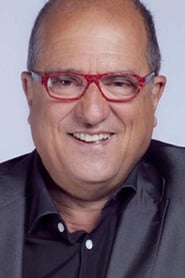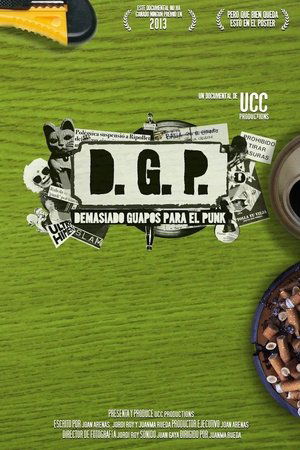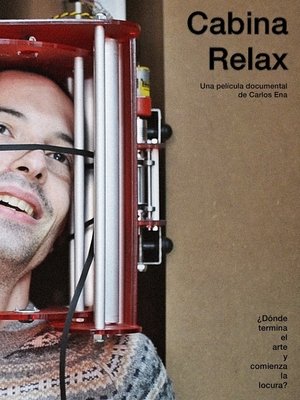
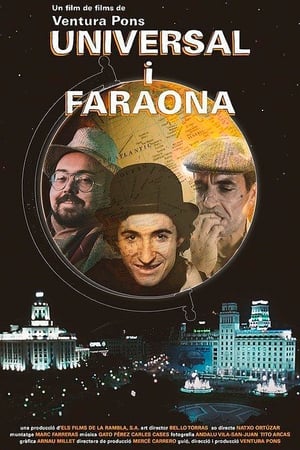
Universal i faraona(2018)
Fragments of the memory of three great artists José Pérez ‘Ocaña’ (Cantillana, 1947 - Seville, 1983), Javier Patricio ‘Gato’ Pérez (Buenos Aires, 1950 – Caldes de Montbui, 1990) and Pepe Rubianes (Villagarcía de Arosa, 1947 – Barcelona, 2009) became icons who helped make the city of Barcelona Universal and Pharaoh
Movie: Universal i faraona
Top 4 Billed Cast
Himself
Himself
Himself

Universal i faraona
HomePage
Overview
Fragments of the memory of three great artists José Pérez ‘Ocaña’ (Cantillana, 1947 - Seville, 1983), Javier Patricio ‘Gato’ Pérez (Buenos Aires, 1950 – Caldes de Montbui, 1990) and Pepe Rubianes (Villagarcía de Arosa, 1947 – Barcelona, 2009) became icons who helped make the city of Barcelona Universal and Pharaoh
Release Date
2018-01-19
Average
0
Rating:
0.0 startsTagline
Genres
Languages:
CatalàEspañolKeywords
Similar Movies
 6.0
6.0Los locos que no pararon la tele(es)
The famous Spanish comedian Andreu Buenafuente, CEO of the production company El Terrat and prestigious TV host, tells how he and his numerous collaborators, both on set and behind the cameras, managed to carry on with their work despite the chaos and the several logistical and human problems caused by the global pandemic that began in early 2020.
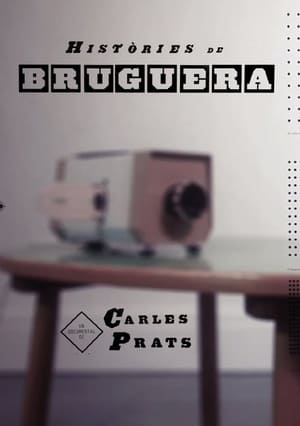 6.0
6.0Històries de Bruguera(es)
The history of Bruguera, the most important comic publisher in Spain between the 1940s and the 1980s. How the characters created by great writers and pencilers became Spanish archetypes and how their strips persist nowadays as a portrait of Spain and its people. The daily life of the creators and the founding family, the Brugueras. The world in which hundreds of vivid colorful paper beings lived and still live, in the memory of millions, in the smile of everyone.
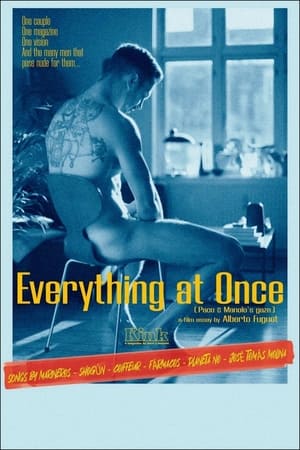 4.2
4.2Everything at Once (Paco & Manolo's Gaze)(es)
Paco and Manolo are two Catalan photographers from the outskirts of Barcelona who have been working together for thirty years as if they were a single person, capturing their images in Kink magazine, a very personal photography fanzine with a homoerotic aesthetic of Mediterranean essence.
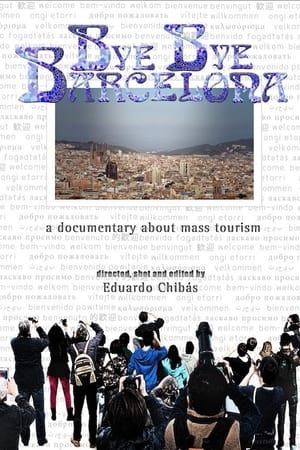 5.5
5.5Bye Bye Barcelona(es)
Bye Bye Barcelona is a documentary about a city and its relation to tourism , on the difficult coexistence between Barcelona the city and Barcelona the tourist destination
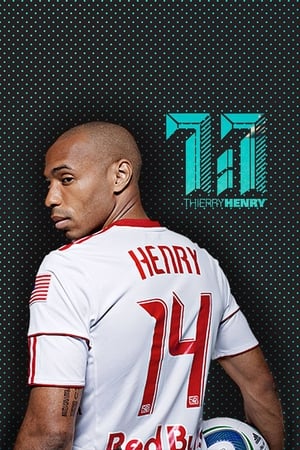 0.5
0.51:1 Thierry Henry(en)
Global soccer hero Thierry Henry stars in this up-close sports documentary that covers his 2010 move from Barcelona to the New York Red Bulls.
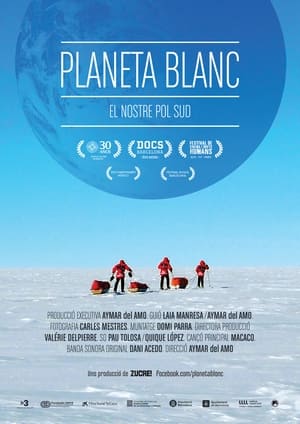 7.0
7.0White Planet, our South Pole(ca)
Planeta Blanc is a documentary about the first-ever disabled expedition to conquer the South Pole ,Following the last steps of Ernest Shackleton. A history about the capacity of the handicapped.
Parrot at the Milk Bar(es)
A humorous observation in Barcelona’s immigrant neighbourhood El Raval. Four barber shops, four places of remembrance, strange time and space capsules inhabited by people who left their home to find a better one, while the Spaniards are about to leave their own country themselves.
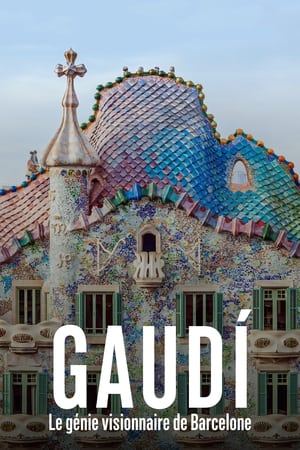 7.4
7.4Gaudí, le génie visionnaire de Barcelone(fr)
In Barcelona, the Casa Batlló alone sums up the genius of Antoni Gaudí. During the exhibition devoted to it by the Musée d'Orsay, we take a guided tour of this eccentric, colorful residence, completed in 1906.
 5.5
5.5Barcelona, la rosa de foc(en)
The many faces of Barcelona are portrayed in this documentary, shot in a false sequence shot that goes across the streets, squares, markets and bars of a city that is presented as both conventional and law-breaking, exquisit and shameless, elegant and dispossessed.
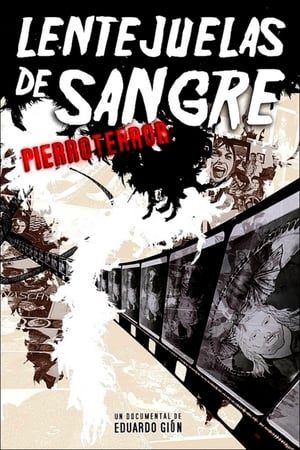 5.0
5.0Lentejuelas de sangre(es)
Antonio Gracia José (1942-2011), known as “Pierrot,” was a prominent member of the Barcelona art scene, a pioneer in the filmmaking of underground short films and Fantaterror movies, writer and playwright, magazine editor, movie poster painter, cartoonist and cabaret showman.
 5.2
5.2Spain '68(es)
Spain, 1968. An analysis of the political and social situation of the country, suffocated by the boot of General Franco's tyrannical regime. (Filmed clandestinely in Madrid and Barcelona during the spring of 1968.)
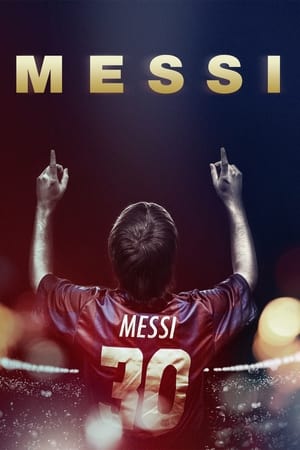 7.5
7.5Messi(es)
His teachers, coaches, childhood friends and Barça teammates, together with journalists, writers and prominent figures from the history of football, come together in a restaurant to analyze and pick apart Messi's personality both on and off the field, and to look back at some of the most significant moments in his life. Viewed from Álex de la Iglesia's unique perspective, Messi recreates the player's childhood and teenage years, from his very first steps, with a football always at his feet, through to the decision to leave Rosario for Barcelona, the separation from his family, and the role played in his career by individuals such as Ronaldinho, Rijkaard, Rexach and Guardiola.
Gritos... a ritmo fuerte(es)
Maria, the last member of a good provincial family of long tradition, wants to live the atmosphere of these musical groups that proliferate all over the world. He meets Ricardo, a former partner in the advertising world, who has self-marginalized because he got to the point where he felt disgusted by this false world. Maria tries to leave him, but has just integrated into this chaotic environment.
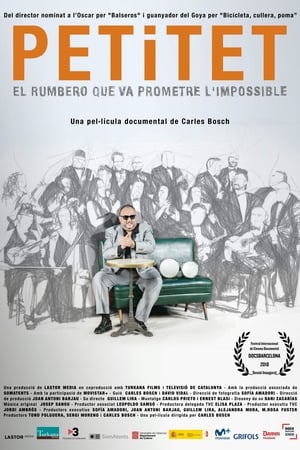 5.6
5.6Petitet(ca)
Joan Ximénez el Petitet is a Catalan gypsy who pursues a dream. A former musician now —a percussionist, son of Ramón el Huesos who worked with the mythical singer Peret—, and affected by a rare chronic disease, he wants to accomplish the promise he made to his mother before she died: to celebrate a rumba concert on the stage of the Liceu, a great theater in Barcelona, along with a big symphony orchestra.
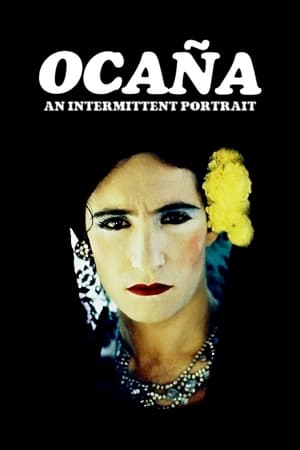 4.4
4.4Ocaña: An Intermittent Portrait(es)
A sincere portrait, and in first person, of the multifaceted Andalusian artist José Pérez Ocaña.
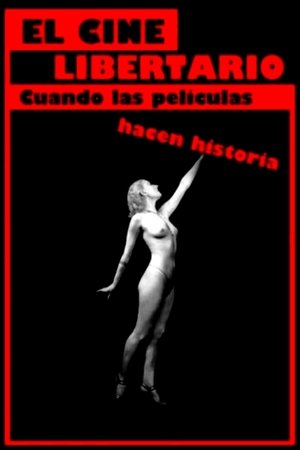 7.3
7.3El cine libertario: cuando las películas hacen historia(es)
Upon the outbreak of the Spanish Civil War in July 1936, the anarchist union CNT socialized the film industry in Spain, so in Madrid and Barcelona film workers took over the production assets and, between 1936 and 1938, numerous films on a wide variety of topics were released, composing a varied mosaic that gives rise to one of the most unusual and original moments of Spanish cinematography.
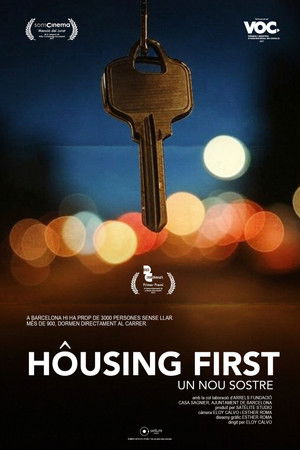 0.0
0.0Housing First: a new shelter(ca)
Arrels Fundació's experience with housing first in the city of Barcelona, a policy that offers permanent housing to homeless people. The documentary features both professionals and volunteers from Arrels, as well as people like Lluís, Pedro, or Manuel, who already have their own homes.
